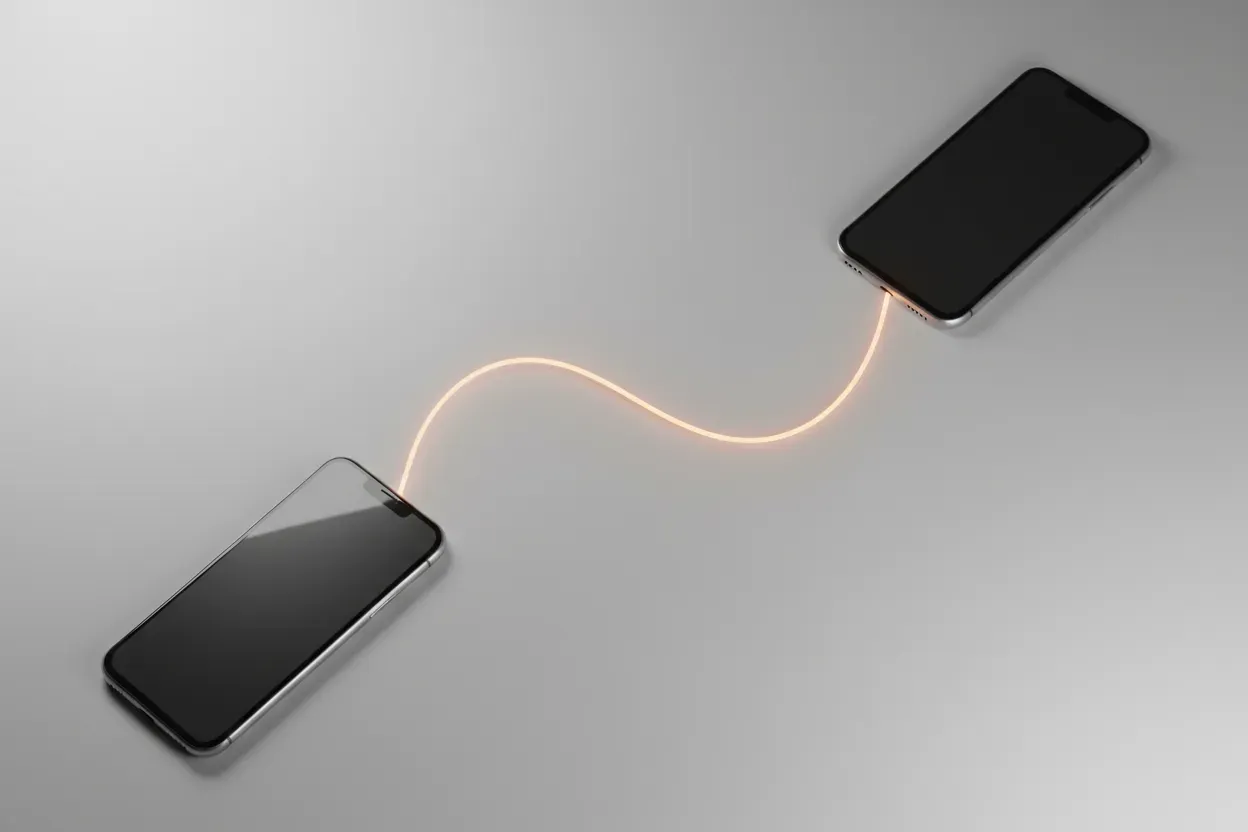Advice on Empathy: Understanding Others’ Perspectives to Strengthen Relationships
Empathy is a powerful tool for building stronger relationships, both personally and professionally. This article presents key insights from experts on how to cultivate and apply empathy effectively in daily interactions. Discover practical strategies to enhance your understanding of others’ perspectives and create more meaningful connections.
- Lead with Empathy Not Ego
- Listen More Judge Less
- Embrace Humility to Foster Connection
- Pause to Understand Others’ Perspectives
- Ask Questions Before Drawing Conclusions
- Uncover Real Struggles Through Empathy
- Shift from Assumptions to Understanding
Lead with Empathy Not Ego
I’d tell my younger self that empathy isn’t soft; it’s strategic. Understanding others’ perspectives doesn’t just improve relationships; it shapes how you’re perceived. I used to think success was about being right. But life taught me that being heard often starts with listening. Empathy builds trust and dissolves defensiveness. Whether in friendships, work, or love, it creates space for vulnerability, the foundation of real connection. I’d advise pausing judgment, asking more questions, and remembering everyone’s carrying something unseen. It changes everything.
 Dhari Alabdulhadi
Dhari Alabdulhadi
CTO and Founder, Ubuy Qatar
Listen More Judge Less
If I could go back and sit beside my younger self, I would not give her strategy.
I would not give her rules for love or step-by-step relationship advice.
I would simply tell her this:
Lead with empathy, not ego. Everything changes when you stop needing to be right and start seeking to understand.
You see, when we are hurting, it is easy to build walls instead of bridges.
We protect our hearts with silence, withdrawal, criticism, or control.
We look at the people we love and see only how they are failing us,
Missing the chance to ask:
What story are they living? What fear are they carrying? What part of them needs compassion right now?
Empathy would have softened my sharp edges.
It would have quieted the voice in my head that said, “If they really loved me, they would know.”
And instead, invited me to show them how to love me better, while learning how to love them as they are.
In my work with high-achieving women, this is the missing piece.
So many of them know how to achieve, but they have never learned how to connect without performing, protecting, or perfecting.
Empathy rewires that.
Inside the Clear to Create™ Method, we help women clear the patterns of self-protection so they can step into true connection, where empathy flows freely and love feels safe on both sides.
Empathy does not mean excusing harmful behavior.
It means seeing yourself and the other clearly, with compassion.
It means pausing your reaction long enough to wonder,
“What is this person really feeling? And what is this moment inviting me to learn?”
That is how relationships deepen.
That is how love evolves from something we chase to something we create.
Curious what might shift when you stop protecting your heart and start opening it with clarity and care? Start with your free Extraordinary Love Index™ assessment: [https://www.quiz.rianamalia.com]
 Riana Malia
Riana Malia
CEO | Founder, Clear to Create ~ Your Very Best Life
Embrace Humility to Foster Connection
If I could give my younger self one piece of advice about empathy, it would be to listen more and judge less. Early in my career, I often rushed to conclusions or made decisions without fully understanding others’ viewpoints, thinking I had all the answers. I now realize that truly listening, without interrupting or assuming, opens up deeper connections. Empathy allows you to see beyond the surface, helping you understand people’s motivations and struggles. Had I embraced this earlier, I think my relationships—both professional and personal—would have been stronger and more authentic. By showing genuine care and understanding, you create trust and build a foundation where collaboration and mutual respect can thrive. It’s not just about being nice; it’s about fostering a culture of connection and support.
 Nikita Sherbina
Nikita Sherbina
Co-Founder & CEO, AIScreen
Pause to Understand Others’ Perspectives
I would love to remind my younger self that I don’t know everything.
Empathy is much easier to achieve if you have a spoonful of humility to help it along. When you believe that you’ve got everything right and everyone else has it wrong, it’s very difficult to be empathetic towards them.
However, when you realize that you sometimes get things wrong too, you can begin to open up and see that other people’s experiences make sense as well. This allows you to have empathy for them.
Empathy is critical for relationships because it’s what prevents us from distancing ourselves from others (or, worse, placing ourselves above them). This allows for genuine connection and relatedness, which is a truly wonderful feeling.
After all, the director of the longest-running study of human development in history had this to say about the major finding of the study: “Happiness is love. Full stop.”
 Raffi Bilek
Raffi Bilek
Author & Relationship Coach, The Couples Communication Handbook
Ask Questions Before Drawing Conclusions
I’d tell my younger self that empathy matters more than you think. It’s not just about being kind. It helps you build better relationships at work and in life. When I started eStorytellers, I focused too much on goals and timelines. I didn’t always pause to understand what others were feeling.
Over time, I saw that when I truly listened to people, everything improved—clients were happier, and my team felt more supported. If I had learned this earlier, I could’ve avoided a few tough moments.
So my advice is to take time to understand others. It makes you a stronger leader and a better person.
 Kritika Kanodia
Kritika Kanodia
CEO, Estorytellers
Uncover Real Struggles Through Empathy
I would tell my younger self to pause before jumping to conclusions and ask a simple, “Help me understand where you’re coming from.” Early in my first startup, I clashed with our lead designer over what “user-friendly” meant. I assumed their ideas were overly cautious; I wish I had taken a moment to hear why they worried about accessibility. A quick conversation would have saved us a week of back-and-forth and a bruised working relationship.
Really leaning into someone else’s viewpoint builds trust quickly. Once I started framing decisions around my teammate’s goals—asking what success looked like for them—I saw collaboration flip from combative to creative. That shift didn’t just smooth out our product roadmap; it made every working relationship feel like a partnership rather than a project.
 Matt Purcell
Matt Purcell
Owner, PCI Pest Control
Shift from Assumptions to Understanding
I’d tell my younger self that empathy isn’t about agreeing but uncovering real struggles. Early on, I reprimanded a tech for missing a deadline, only to learn over coffee that he was driving two towns away each morning because his car had broken down. If I’d asked first, I could’ve arranged a ride-share and avoided stress for both of us.
Asking “What’s really going on?” builds trust, spots hidden roadblocks, and forges lasting partnerships. That shift from assumptions to questions would’ve saved countless misunderstandings and made me a more connected leader.
 Jay Vincent
Jay Vincent
Owner, Smart Solutions Pest Control




